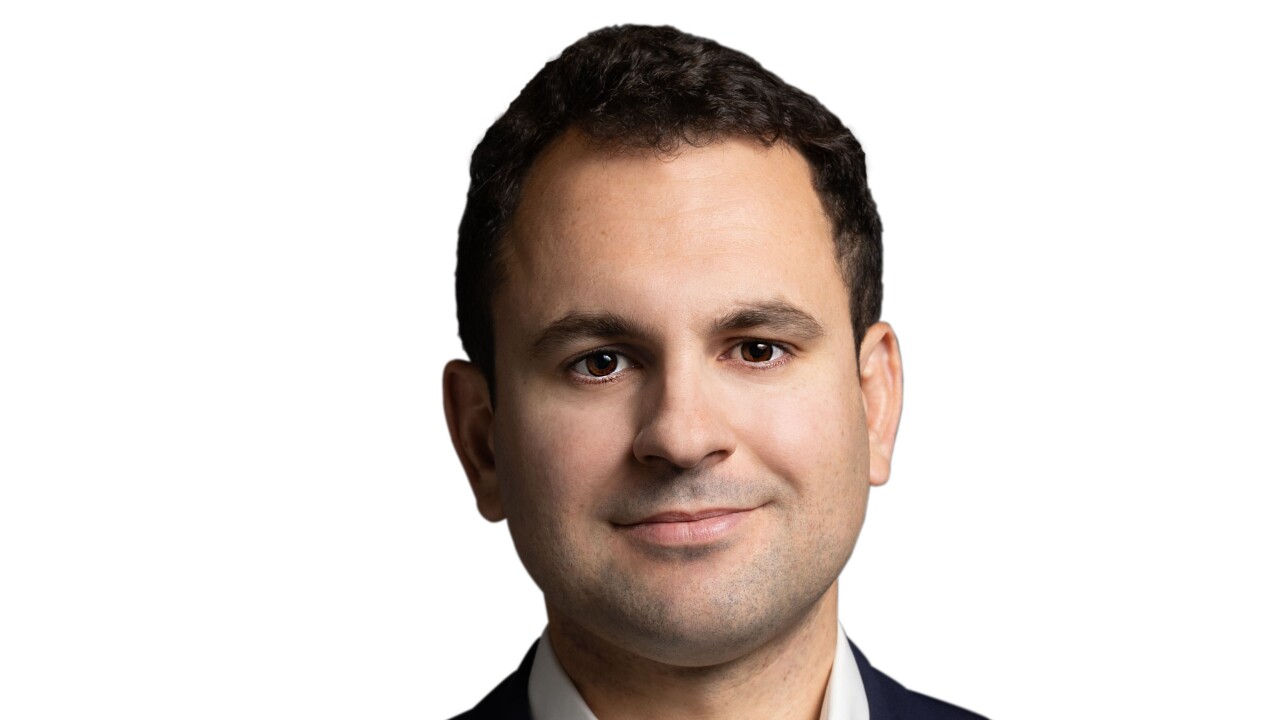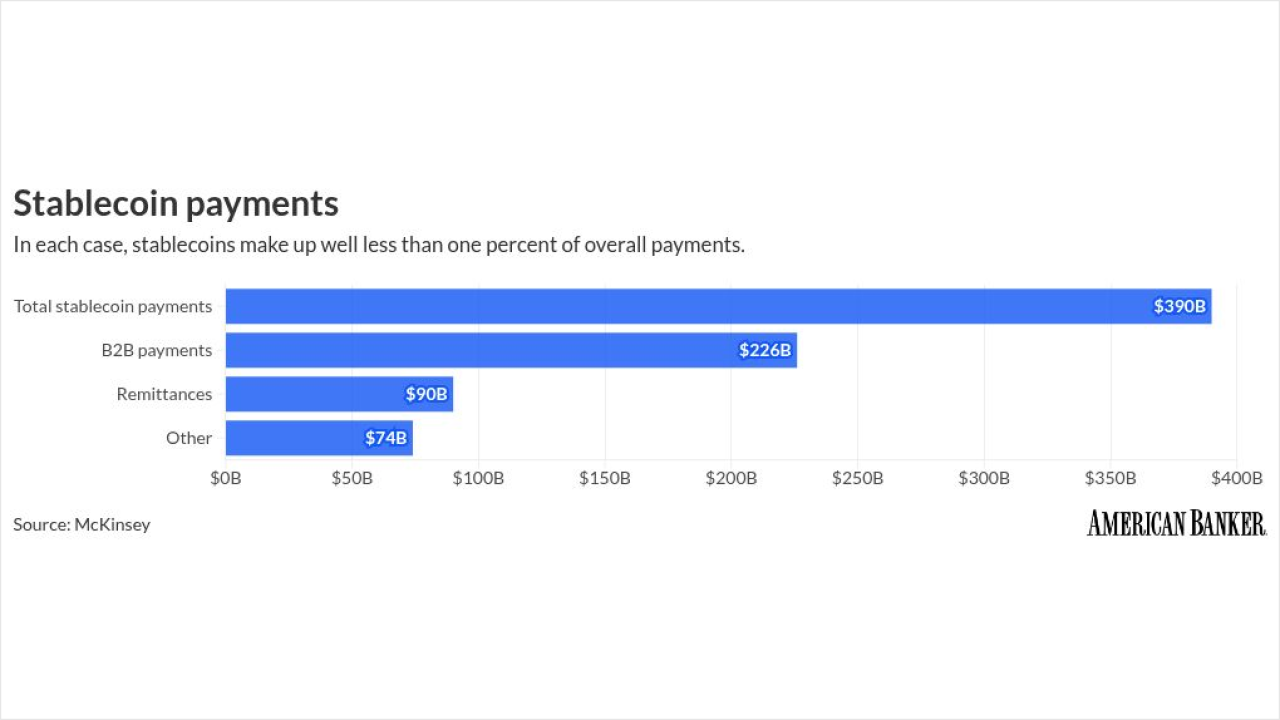Though a conference committee is expected to begin work on financial reform legislation this week, House Banking Committee Chairman Jim Leach warned Monday that the negotiations could drag on for months.
Processing Content
"I would hope this is a conference that will not go into next year," he told reporters after speaking at a luncheon sponsored by Women in Housing and Finance. "But I give no assurances on timing. ... Anything is possible."
Many pitfalls lie ahead on substantive and procedural issues, he said. "Although we have come further than ever before toward enactment of financial modernization legislation, it is not a foregone conclusion that success is at hand."
Meanwhile, Senate Banking Committee Chairman Phil Gramm and Treasury Secretary Lawrence H. Summers were scheduled to meet late Monday to discuss the legislation, which would remove the barriers between the banking, insurance, and securities industries.
Rep. Leach, who spoke with Mr. Summers by phone late last week, emphasized that the Clinton administration remains adamantly opposed to the Senate bill. Among its objections are the exemption of small, rural banks from the Community Reinvestment Act, weaker privacy safeguards for customer financial records, and tougher limits on powers for direct subsidiaries of national banks.
"Any rollback of existing CRA laws, any failure to advance certain privacy protections, or any approach which would cause institutions to leave the national banking system will result in a bill being vetoed," Rep. Leach said.
Treasury Under Secretary Gary Gensler over the weekend urged lawmakers to adopt the House bill's tougher community reinvestment requirements on banks merging with securities firms or insurance companies.
"The protection of the CRA has and will continue to be a top priority of the President and this administration," Mr. Gensler said in a speech at the Congressional Black Caucus' southeastern conference in Charlotte, N.C. "The Senate bill would seriously weaken CRA."
Rep. Leach highlighted other pitfalls.
The disagreement over how to regulate securities activities by banks is "one of the knottiest issues" facing lawmakers, he said. He also clearly signaled that he will not surrender his opposition to purchases of unitary thrifts by commercial companies.
"No national interest is served in having a system which allows a Chase Manhattan and a General Motors to merge," Rep. Leach said. "Likewise, no national interest is served in allowing Wal-Mart on its own to become a Norwest or Chase to become a Sears Roebuck."
Both the House and Senate approved financial reform bills this year, but differences in the two versions must be resolved by a conference committee.
House Speaker J. Dennis Hastert and other Republican leaders are expected on Tuesday to name the House negotiators. Last week the Senate named all 20 members of the Banking Committee to the conference committee.
The House delegation is also expected to be large. "I have argued for a little bit larger number of conferees than some would have thought would be necessary," Rep. Leach said. "We need the input of everybody."
If the House names its negotiators in time, a brief meeting of the conference committee could occur as early as Wednesday. But little activity is expected beyond electing Rep. Leach as chairman and some opening statements. The committee is not expected to take serious action until lawmakers return Sept. 7 from vacation.





